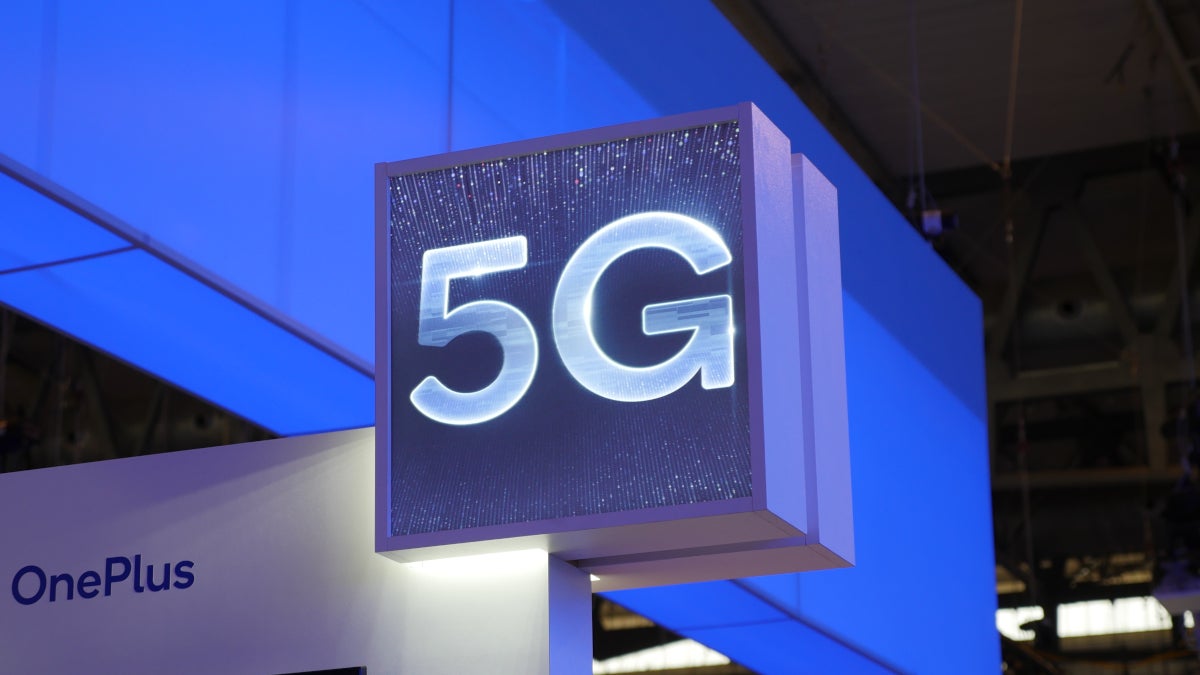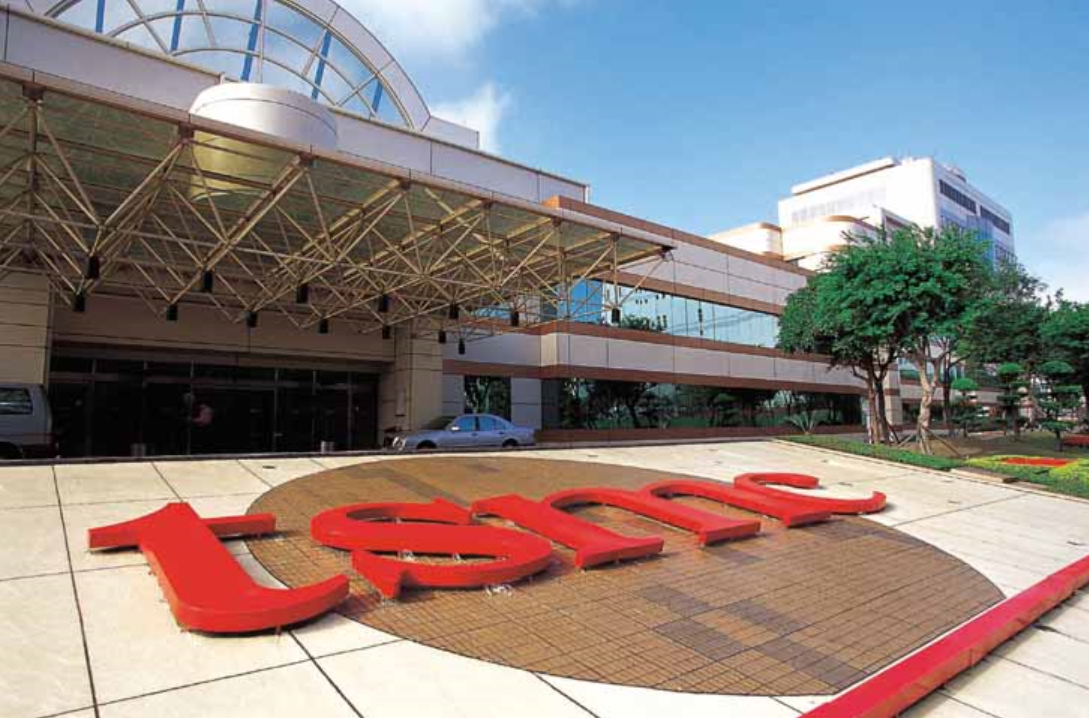Apple supplier has strong shipments of the fives: 5G and 5nm chips

Taiwan Semiconductor Manufacturing Company (TSMC) is the world's largest independent foundry. The firm produces semiconductors for tech firms that design their own chips but don't own their own fabrication facilities; firms like Apple, Huawei, MediaTek, and even Qualcomm depend on TSMC to manufacture their chips; last month the company reported sales for June of NT$120.88 billion which is the equivalent of $4.1 billion USD at current exchange rates. Adding in previously reported revenue figures for April and May results in second-quarter gross of NT$310.7 billion ($10.6 billion USD). That is a 29% gain year-over-year and topped Wall Street estimates calling for Q2 revenue of NT$308.8 billion.
Despite headwinds, TSMC has a very busy year ahead
There are several reasons why TSMC is facing strong headwinds this year and next. One, a change in U.S. export rules means that foundries like TSMC that use U.S. technology to produce chips, cannot ship product to Huawei, without first obtaining a license from the U.S. Last year, Huawei made up 14% of TSMC's gross and was its second largest client after Apple. Secondly, COVID-19 has shattered the global economy and many countries are facing a huge unemployment rate. Consumers around the world have to decide between feeding their family and buying that hot new flagship phone. Less demand for handsets could translate into reduced demand for chips negatively impacting the foundry's revenue for 2020 and 2021.

TSMC reported a 29% annual gain in second quarter-revenue
Despite the weak global economy, TSMC says that it expects demand to remain strong for semiconductors employed in data centers used to host online activity. Some analysts see the stronger than expected revenue continuing during the second half of this year for Asian foundries including TSMC and SMIC; the latter is China's largest foundry. The expected strength is based on what analysts see as higher than normal demand for devices used for video conferencing.
Even if a second wave of coronavirus starts spreading, TSMC is considered to be in better shape than other foundries because it is shipping cutting-edge 5nm chipsets this year. For example, Apple will be receiving deliveries of its 5nm A14 Bionic SoC as soon as this month. Using the 5nm process node, TSMC stuffs 171.3 million transistors into each square mm compared to the 96.5 million that fit into each square mm using the 7nm node employed on the A13 Bionic. As a result, each chipset powering up the upcoming 2020 Apple iPhone 12 series will contain 15 billion transistors compared to the 8.5 billion transistors shoehorned inside the chips used on the iPhone 11 models. The larger the number of transistors inside a chip, the more powerful and energy-efficient it is.
TSMC plans on spending $15 billion on capital expenditures this year as it starts producing and shipping 5nm chips and works on the next-generation 3nm node; the latter is expected to be able to fit 300 million transistors into a square mm. Earlier this year, TSMC announced that it was going to build a foundry in Arizona that will start churning out 5nm chips in 2023. Industry executives expect the project to cost TSMC about $10 billion to complete. While the factory will lead to the hiring of some Americans to man the facility, it will not turn out the most advanced chips, at least not at first. By the time that the facility in Arizona is rolling 5nm semiconductors off of the assembly lines, the factory in Taiwan will be manufacturing chips using the 3nm process node.
Shares of TSMC (trading as TSM on the New York Stock Exchange) set an all-time high on Friday at $64.56 before finishing the week at $63.85.
Follow us on Google News












Things that are NOT allowed:
To help keep our community safe and free from spam, we apply temporary limits to newly created accounts: